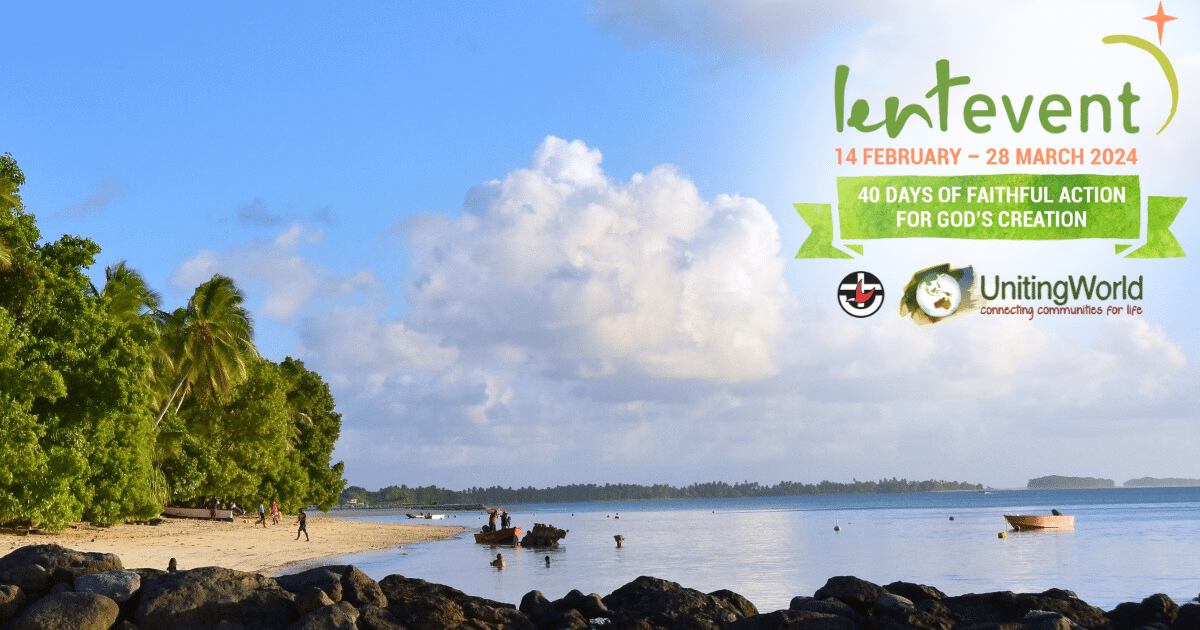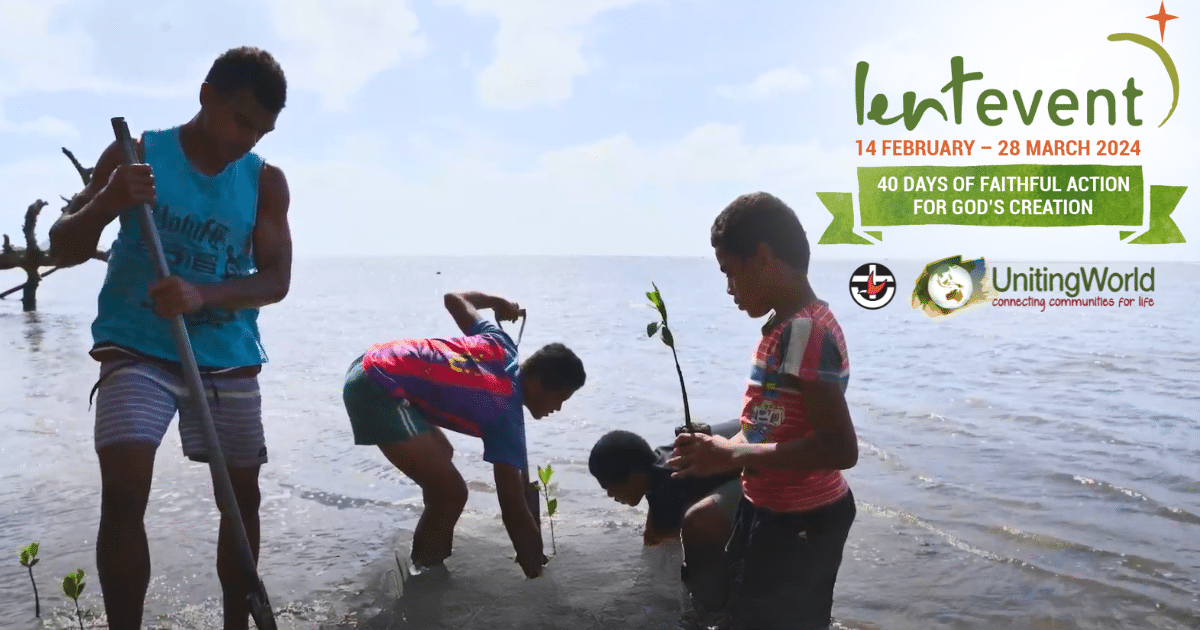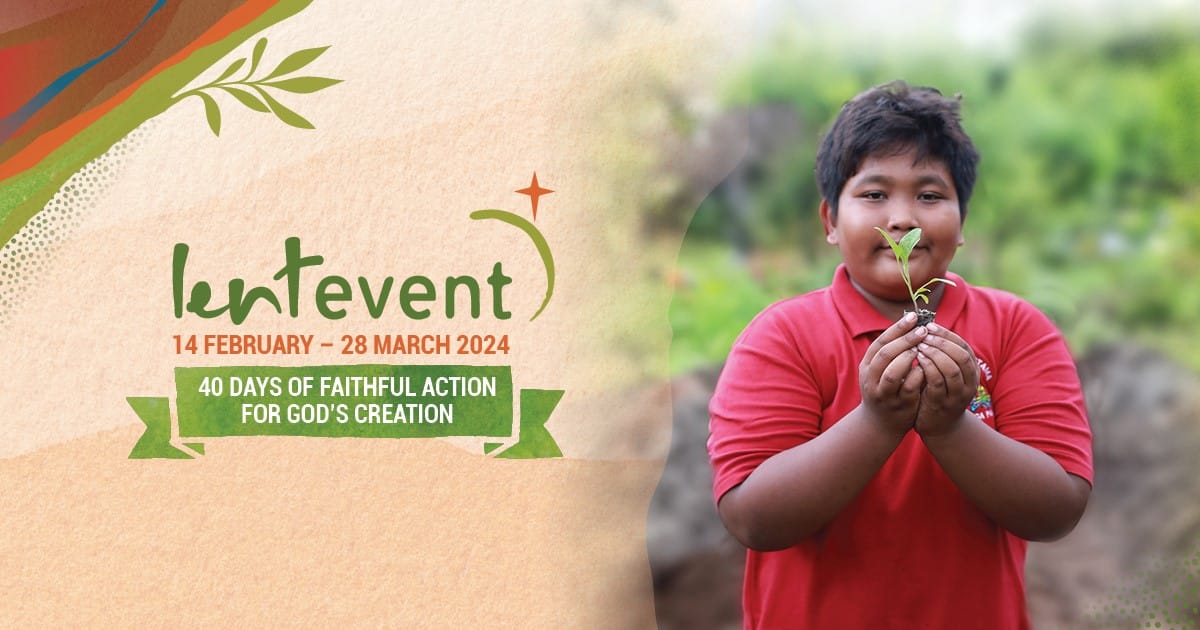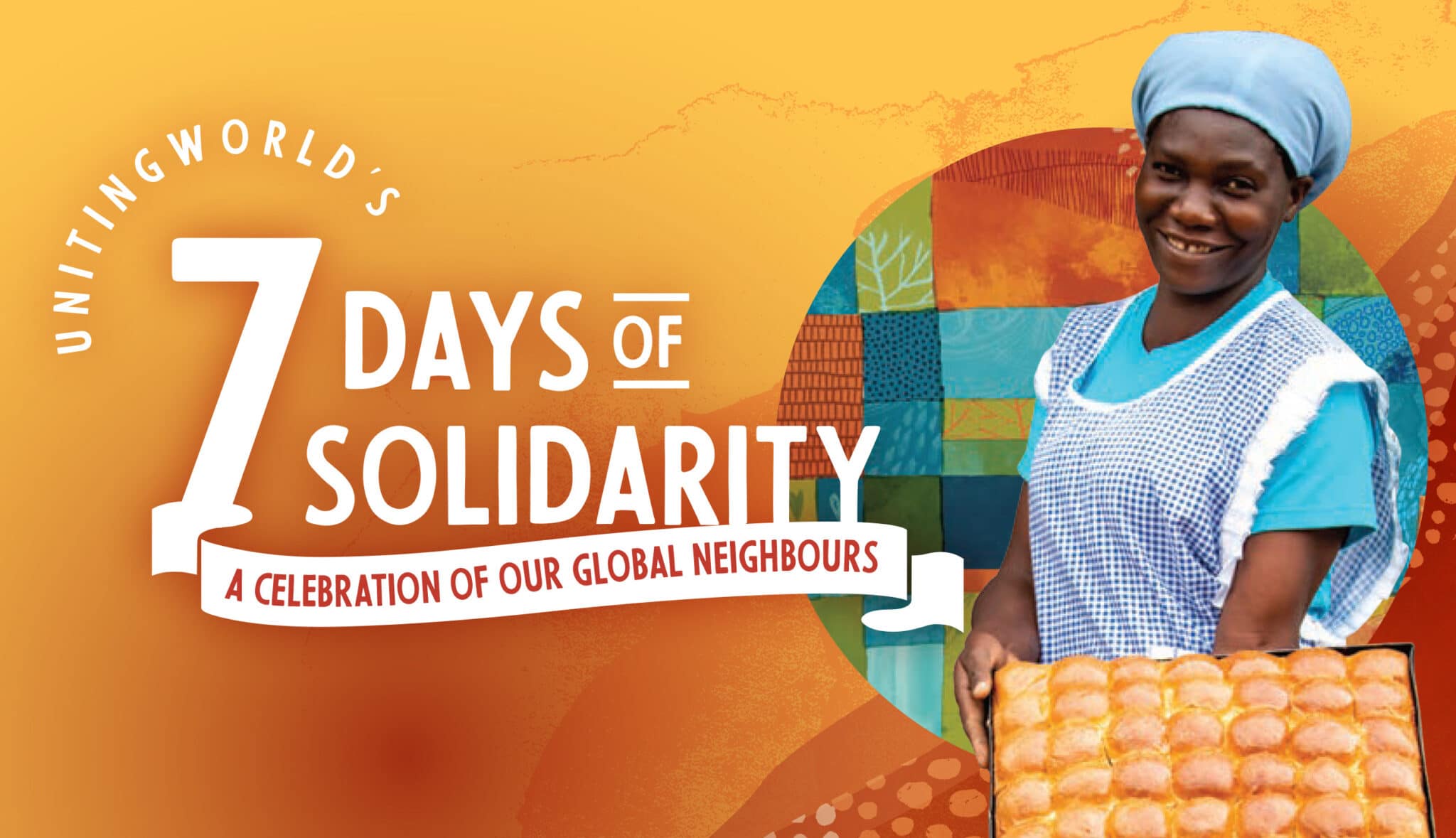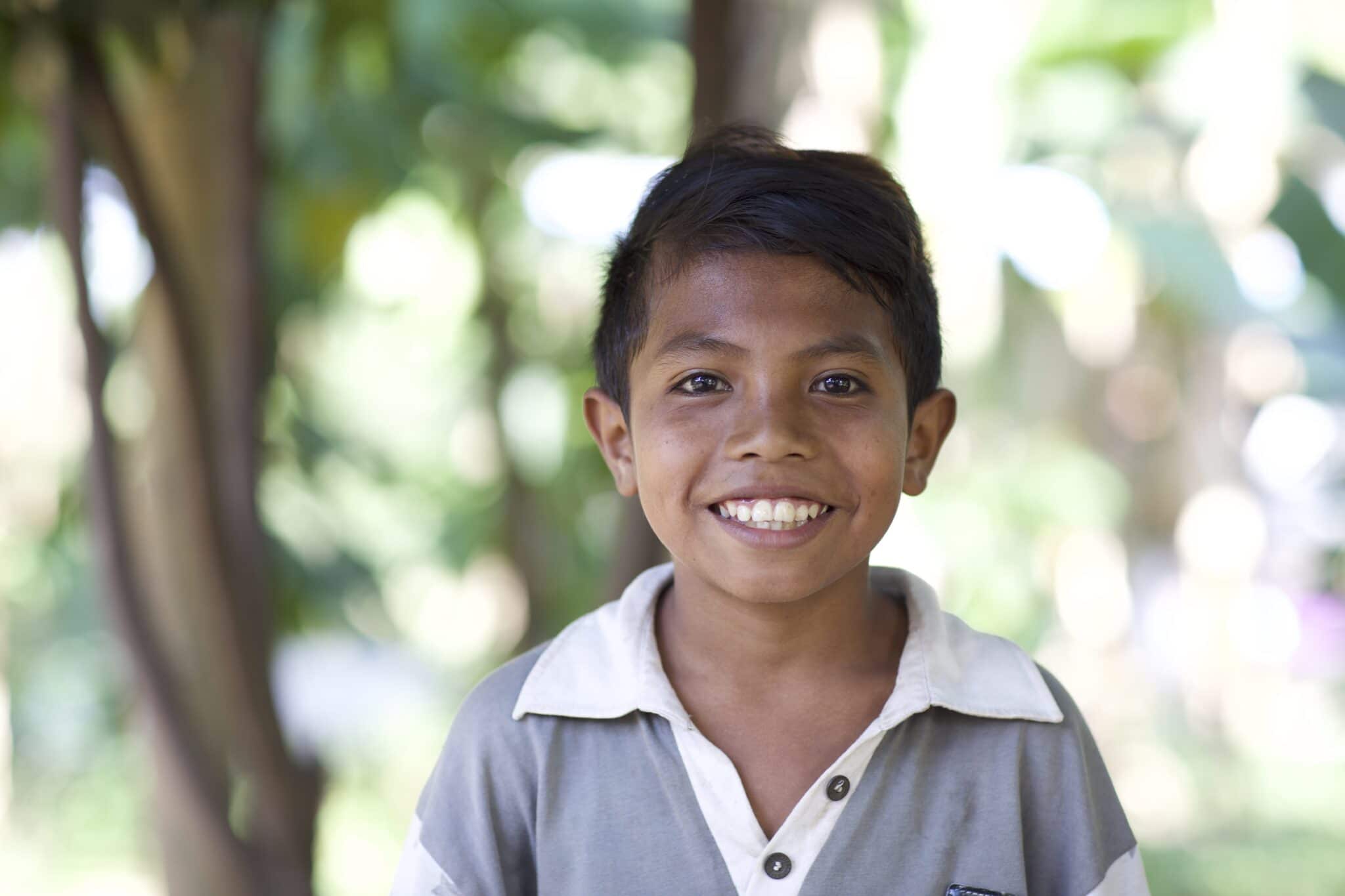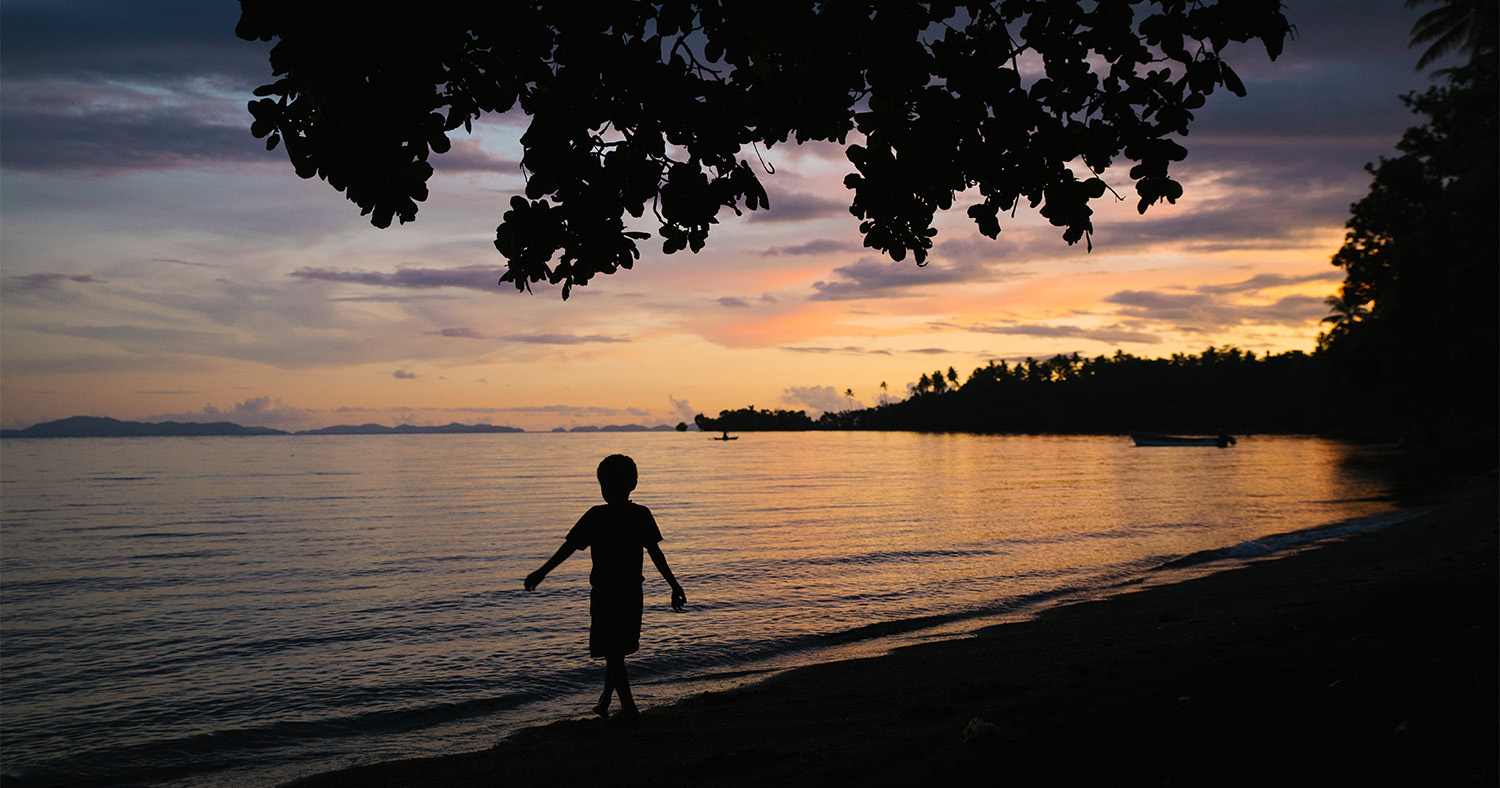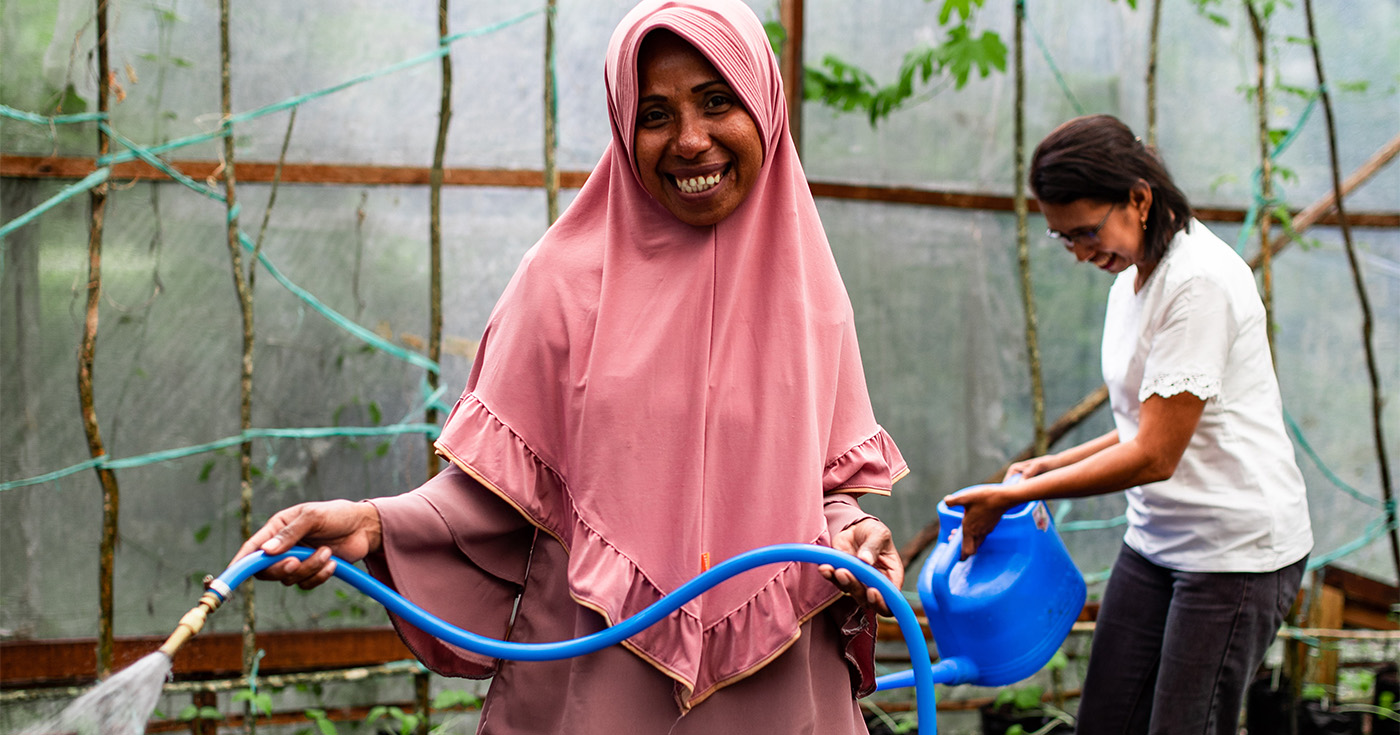This Lent, I took up a Lent Event challenge. In an act of defiance against the gathering gloom of a world bent on madness, I decided to seek each day a story of the Kingdom coming. Not just any feel good story. A story of people, faith and God, making a difference. It was my act of re-commitment to mission – for a world renewed and reconciled.
When your brain is the kind that turns everything a day brings into a list of problems to be solved, then this is a difficult challenge.
I managed 20-something days straight before I flagged. They were the 20 days in which a disaster story from China became a global pandemic.
I learnt the obvious lesson. As I looked for and wrote up my stories of God working in the world, I remained hopeful and resilient. I was calm, I wrote my COVID-19 risk management plan, put in business continuity provisions for my team and slashed our income forecasts. But it got harder to do. The news got grimmer from our partners in lockdown. I was worried about my staff, our partners, my kids, my parents, my minister husband trying to pastor a community that couldn’t meet. And soon, I couldn’t see past the tsunami of problems, I was too tired to go hunting for that elusive glimpse of God at work. I stopped doing the stories.
The day I got the email from South Sudan, from my friend who reminded me that hand-washing was the privilege of those who had clean water, that staying home was only an option for people who owned fridges and spare food.
That was the day I lost it.
That email was on my mind as I dropped into the supermarket to pick up some stuff. But my fellow Sydney-siders had cleaned out entire aisles. With our wealth, our security, our abundant food and our healthcare systems, my brothers and sisters thought they needed to hoard toilet paper and dishwasher tablets, leaving none for others.
I wasn’t sad or scared. I was furious. The rage and contempt I felt in that moment for my fellow humans was such that I had to run out of Town Hall Woolworths before I yelled at someone. In that moment, I felt that no race so greedy, selfish and stupid should survive; that dying in our millions was exactly what we deserved.
And then into my black mood came the little messages. People telling me that they were holding me and my team in their prayers. People asking after my husband and kids. People telling me what a great job my staff were doing. They’ll know who they are when they read this.
And slowly, in the darkness, I could see God at work again. In the thoughtfulness of people, who were not my close friends or family, but who reached out to bless and encourage me. When I was too downhearted to see great works of justice and reconciliation that God was doing in the world, what saved me was seeing God in the acts of kindness extended to me. God, acting through people, to pull just one insignificant person out of my own mire of despair.
I’ve always loved the story of Peter stepping out of the boat onto the water at Jesus’ invitation. It’s a lovely metaphor for how we stay above the waves when we keep our eyes on Jesus, but get overwhelmed by the tumult when we lose focus. But I’ve always thought that keeping my eyes on Jesus was about my personal devotional practices – to pray, to study the scriptures, to gather in worship.
But now I think it’s more than that. It’s keeping your eyes peeled for Jesus out and about in the world. Training myself to seek out and recognise the breaking-in of the Kingdom in everyday life is a necessary discipline. To be Christian is to believe in a God who is alive and active in the world. Easter isn’t just a celebration of the resurrection two thousand years ago, it’s a celebration of Jesus alive today – changing lives, changing communities, getting stuff done. How can I join in this great work, if I’m not training myself to see it, recognise it, bear witness to and celebrate it?
So I encourage you to do it too. Keep looking for Jesus in the world – he’s out there walking on water every single day.
–Sureka
[P.S. I also gave up eating between dawn and dusk during Lent – which makes it sound grander than simply skipping lunch and daytime snacks between breakfast and dinner, which is what I did. But I did manage to stick to that one, which wasn’t hard after the first few days. And the $$ I saved has gone to Lent Event, with a big thank you to all those who sponsored me.]
Dr Sureka Goringe is the National Director of UnitingWorld. This reflection was originally posted on her Lent Event fundraising page here.
Click here to donate to Lent Event.







